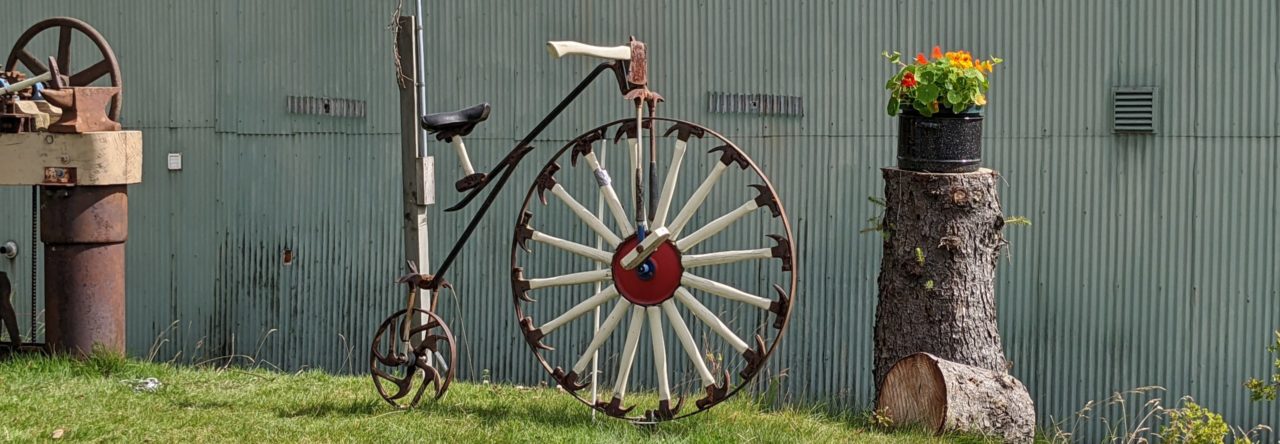I am enjoy fixing things myself. I love to dive into repair projects and nurse ailing devices back to health. I am a tinkerer and a believer in the Self-Repair Manifesto.
I love the feeling that comes from completing a repair project. I love making something once broken into something useful again. I love that I don’t have to replace, but that I can repair. I love turning the screws to expose the secrets locked within a computer or game console or even tightening down a loose handle on a pan.
It alarms me as we move into more of a disposable culture. Less and less often are we as consumers able to repair what we own. Now I am not advocating everyone become experts in all things and repair their belongings. However, I do think there is room for repair that is being slowly taken away and knowledge which is being lost.
Take the cobbler who can repair and make a study pair of shoes that can last many years. My shoes wear out in a matter of months and I am forced to buy new ones.
With every update, Apple is making their computers less serviceable and turning them into black boxes that only the anointed Geniuses can repair. This is alarming not only because I work in tech support but also in the increasing reliance on the company’s that make what we use and their whims and in some cases, ability to stay in business.
J.D. Bentley got to the heart of my concern with a piece today.
“I’m too stupid to live,” I thought.
If we depend on others to make everything for us, we’re at their mercy. We’re not really alive in certain ways. Of course, our economy venerates perpetual growth and perpetual growth requires spending and consumption, so my predicament, I’m sure, is not so uncommon.But that’s no excuse. I should be self-sufficient enough that I don’t have to frivolously spend money to replace a perfectly good and useful device.
He is talking about his trusty bathroom scale that had journeyed with him through his weight loss and health enlightenment. It had a seemingly small failure, a faulty foot, but nonetheless needed to be replaced.
We have all been through the feelings of a trusted possession failing us. It can almost feel as if an old friend has betrayed your trust and abandoned you before its time. There is a feeling of helplessness that comes with being unable to repair the damage done by years of use.
Even when we have the time to repair something, we can be our own worst enemies as Patrick Rhone writes in When Friction is Fiction.
All that angst. All of that procrastination. Moot! Did not need to happen. Instead of digging in right away when I got the grill and spending twenty minutes to discover this fix, I spent five to write it off for a month to still spend the twenty I would have anyway. I felt kinda stupid actually. Probably deservedly so.
He had received a broken grill with the necessary parts to repair it and put it off for months because of the perceived time and effort it would take to repair. And in the end, the time spent worrying was a mental block as the repair was even easier than originally thought.
This has got me thinking about the nature of what I rely on and who I am really relying on. What happens when it breaks? Can it be fixed? Do I have to buy a new one? What if the one I like is no longer made?
Life has taught me things will break. It’s not if they will break but when. Everything breaks down eventually. Even when cared for, everything eventually wears out. It is only a matter of time.
When that time comes, what happens next?
